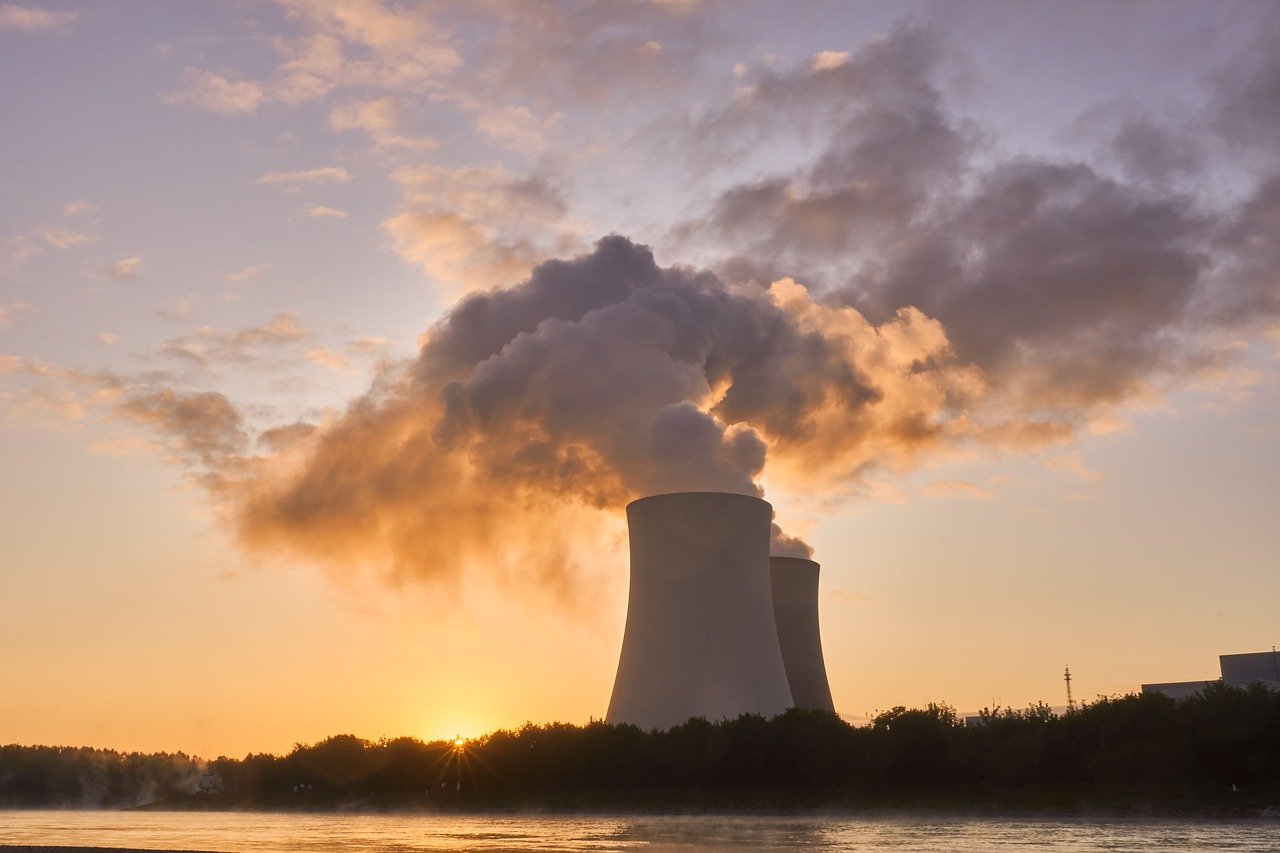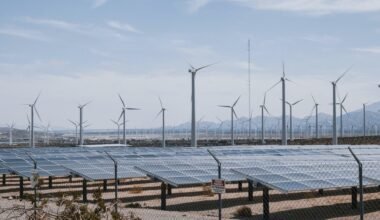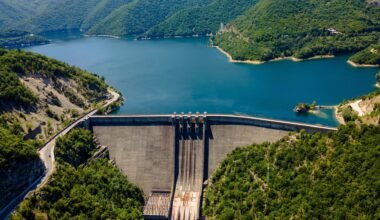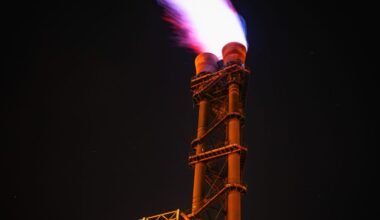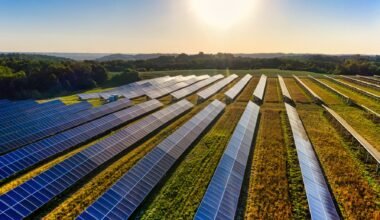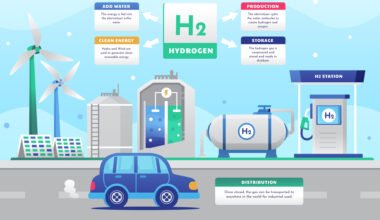Are you curious about nuclear energy and its benefits and drawbacks? Nuclear energy is a highly debated topic, and understanding its advantages and disadvantages is vital. In this article, we will provide a detailed overview of nuclear energy, including interviews with experts, analysis of waste disposal challenges, and a comparative cost analysis.
What you will learn about nuclear energy:
– Advantages of nuclear energy include high energy output and low operating costs.
– Disadvantages of nuclear energy include safety concerns and potential environmental hazards.
– The future of nuclear energy is uncertain, with some countries expanding their use while others are phasing it out.
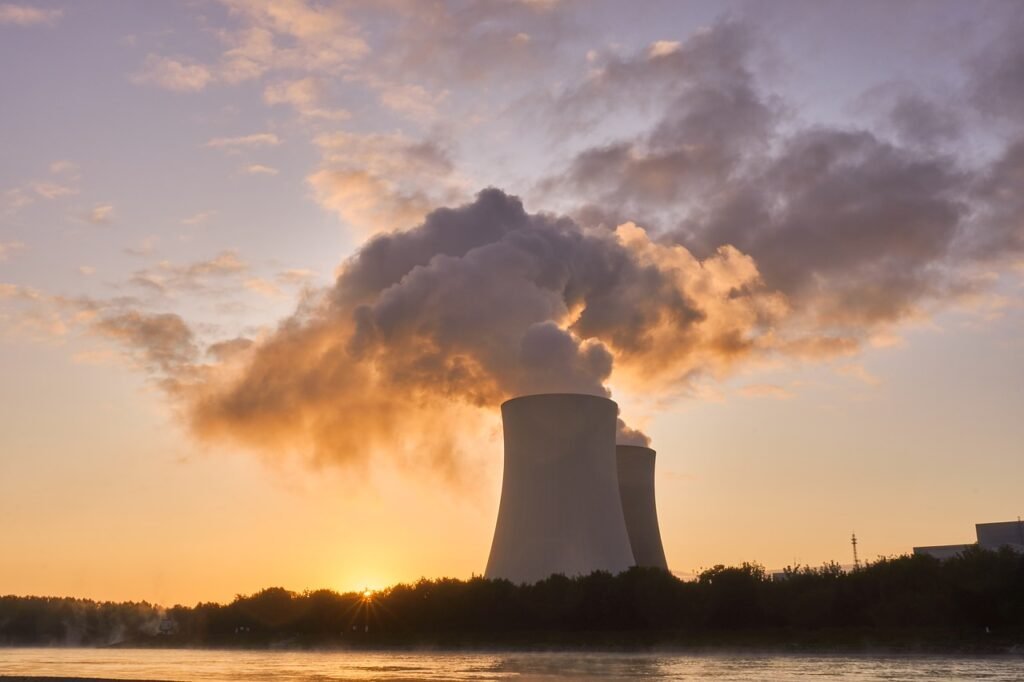
What is Nuclear Energy?
Nuclear energy is a type of energy generated through nuclear fission or fusion. It is a highly efficient energy source that has no greenhouse gas emissions. According to Dr. Bernard Bigot, Director-General of the International Thermonuclear Experimental Reactor (ITER), “nuclear energy is a valuable source of energy that has the potential to meet the world’s energy needs without harming the environment.”
What are the Benefits of Nuclear Energy?
It is a Clean Energy Source
- Nuclear energy is one of the cleanest sources of energy, emitting no greenhouse gases, unlike other sources such as oil, coal, and gas. According to the World Nuclear Association, “nuclear energy is the second-largest source of low-carbon electricity worldwide, after hydropower.”
It is Reliable and Efficient
- Nuclear power plants are designed to operate continuously for long periods, providing a reliable source of energy. They can generate vast amounts of electricity, making them a valuable asset for countries that require a stable and consistent energy source. According to Dr. Richard Lester, Associate Provost at the Massachusetts Institute of Technology, “nuclear energy is a highly efficient energy source, capable of generating large amounts of electricity with minimal fuel.”
It Provides Energy Security
- Countries that rely on foreign oil or gas supplies can decrease their dependence by investing in nuclear energy. Nuclear energy provides energy security because it is not dependent on foreign oil or gas supplies. Dr. Lester states that “nuclear energy can provide energy security, reducing the burden on foreign oil and gas supplies, which can have a positive impact on the economy and national security.”
It has Medical Applications
- Nuclear energy has medical applications, such as diagnostic imaging and cancer treatment. Radioisotopes produced in nuclear reactors are used to diagnose and treat a range of medical conditions, including cancer, heart disease, and thyroid disorders. Dr. James Thrall, Chief of Radiology at Massachusetts General Hospital, states that “nuclear energy has revolutionized medical imaging and provided life-saving treatments for many patients.”
It Promotes Research and Innovation
- Nuclear energy research and innovation have led to significant advancements in medicine, space exploration, and other fields. Nuclear technology is used to power spacecraft and satellites, enabling them to operate in space for extended periods. Dr. Bigot states that “nuclear energy research and innovation have the potential to revolutionize many fields, providing new opportunities for space exploration and medical advancements.”
What are the Drawbacks of Nuclear Energy?
Safety Concerns
- Safety concerns are one of the primary drawbacks of nuclear energy. Nuclear accidents such as the Chernobyl disaster in 1986 and the Fukushima disaster in 2011 have highlighted the potential dangers of nuclear power. Although these accidents were caused by human error and were not a direct result of the technology itself, they have raised concerns about the safety of nuclear energy. Dr. Thrall acknowledges that “nuclear energy has significant safety concerns that must be addressed to ensure the safety of workers and the public.”
Waste Disposal
- Another significant drawback of nuclear energy is waste disposal. Nuclear waste is highly radioactive and can remain hazardous for thousands of years. Safely storing and disposing of nuclear waste is a significant challenge that requires ongoing management and monitoring. Dr. Bigot recognizes that “nuclear waste disposal is a significant challenge that requires careful management and monitoring to ensure public safety and environmental protection.”
Cost
- Nuclear power plants are expensive to build and maintain, making them a less attractive option for countries with limited financial resources. Additionally, the cost of nuclear energy has been increasing in recent years, making it less competitive with other forms of energy such as renewables. Dr. Lester acknowledges that “nuclear energy is an expensive energy source that requires significant upfront investment, making it less attractive for countries with limited financial resources.”
Proliferation Concerns
- The potential for nuclear weapons proliferation is another concern associated with nuclear energy. The technology used to produce nuclear energy can also be used to produce nuclear weapons, making it a potential security risk. Dr. Bigot recognizes that “nuclear energy has proliferation concerns that must be addressed to ensure global security and stability.”
| Pros | Cons |
|---|---|
| Clean Energy Source | Safety Concerns |
| Reliable and Efficient | Waste Disposal |
| Energy Security | Cost |
| Medical Applications | Proliferation Concerns |
| Promotes Research and Innovation |
The Future of Nuclear Energy
Despite the challenges associated with nuclear energy, it is likely to play an increasingly important role in meeting the world’s energy needs. As countries seek to reduce their dependence on fossil fuels and transition to clean energy sources, nuclear energy is likely to become an increasingly attractive option. Dr. Thrall states that “nuclear energy has the potential to provide a significant contribution to the world’s energy needs, but it must be managed and regulated carefully to ensure safety and security.”
Research into nuclear fusion, which holds the potential to produce energy without the production of nuclear waste, is ongoing. The International Thermonuclear Experimental Reactor (ITER) is currently being built in France, with the aim of demonstrating the feasibility of fusion as a viable source of energy. Dr. Bigot states that “nuclear fusion research and innovation have the potential to revolutionize the energy industry, providing a new source of clean, safe, and efficient energy.”
Personal Experience: The Benefits of Nuclear Energy in Remote Locations
Having briefly resided in a remote corner of Alaska, I had the opportunity to witness firsthand the advantages of nuclear energy. Our small town, during my short stay, remained unconnected to the main power grid, leaving us reliant on costly and environmentally damaging diesel generators.
Just a few years back, our community made the decision to embrace a compact nuclear reactor. In the brief time I spent here, this innovation transformed our energy landscape, affording us a stable and consistent power source. Remarkably safe and far less environmentally detrimental than diesel generators, the nuclear reactor drastically slashed our energy expenditures, freeing up resources for vital community initiatives.
My brief encounter with nuclear energy has led me to believe that, in remote locations such as ours, where traditional energy sources are impractical or inaccessible, nuclear power could serve as a viable solution. While it is essential to acknowledge the associated risks and drawbacks, it is equally important to consider the invaluable benefits it can offer under specific circumstances.
Conclusion
Nuclear energy is a valuable energy source that has both benefits and drawbacks. It provides a clean, reliable, and efficient energy source, with medical and research applications. However, it also has significant safety concerns, waste disposal challenges, and cost issues. As countries seek to transition to clean energy sources, nuclear energy is likely to play an increasingly important role, but it must be managed and regulated carefully to ensure safety and security.
FAQs
Q: What is Nuclear Energy?
A: Nuclear energy is a form of energy that is generated through nuclear fission or fusion.
Q: What are the benefits of Nuclear Energy?
A: Nuclear energy is a clean, reliable, and efficient source of energy. It provides energy security, has medical applications, and promotes research and innovation.
Q: What are the drawbacks of Nuclear Energy?
A: Safety concerns, waste disposal, cost, and proliferation concerns are some of the drawbacks of nuclear energy.
Q: What is the future of Nuclear Energy?
A: Nuclear energy is likely to play an increasingly important role in meeting the world’s energy needs. Research into nuclear fusion is ongoing, which holds the potential to produce energy without the production of nuclear waste.
Insider Tip: Nuclear energy is a valuable source of energy that has both benefits and drawbacks. Understanding the pros and cons is essential to make informed decisions about the use of nuclear energy.

